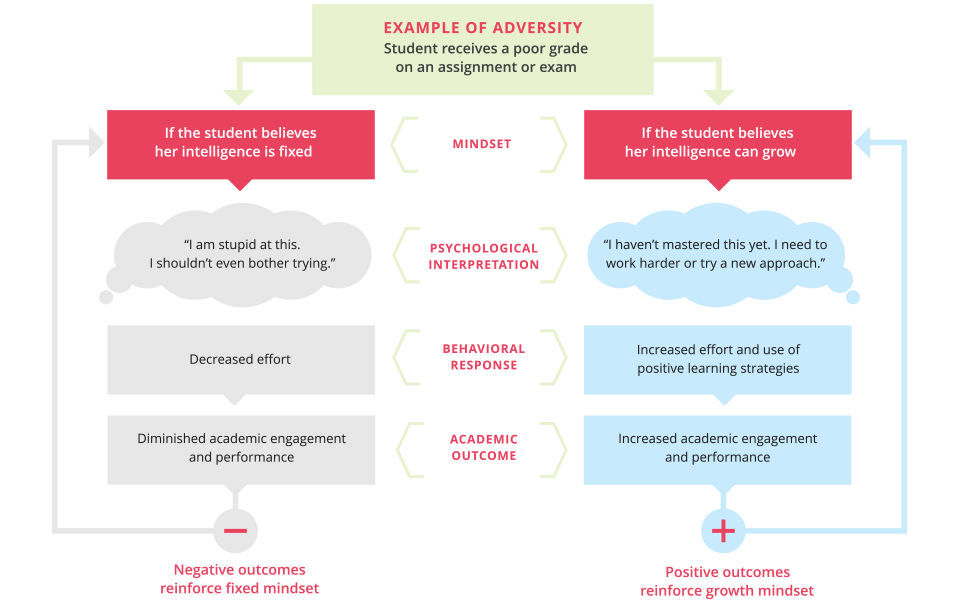Here are some notes that accompany my presentation on Mastery Grading at the American Institute of Mathematics workshop on Interactive Asessments in OER.
Opening Activities
- What are some reasons for assigning grades to students?
- What grade do the following students deserve? Credit to D. Lewis for this activity.

- What are some benefits of percentage-based grading systems?
Axioms of Mastery Grading
I'm giving a talk on #MasteryGrading next month, so I'm curious. In your opinion, what is an "axiom" for your teaching that motivates the use of mastery grading? #sbgchat #mtbos
— Steven Clontz (@StevenXClontz) November 20, 2019
- I am more interested in what students learn than when they learn it or how many tries it takes them to learn it.
- Students are not all like me. They are wonderfully diverse in so many ways.
- Any single assessment is not a valid measure of learning.
- Learning takes time and involves mistakes.
- Grades should represent eventual understanding rather than speed/time required.
- We learn more from failure than success. So providing opportunities to fail without penalty (and therefore incentives to try despite the fear of failure) is critical to an effective grading system.
- Conversations with students are best when they are about math or tacos.
- Misconceptions snowball; don’t let them take root.
- The grading structure of the class should help motivate student learning.
- Learning comes from mistakes.
- The incentive structure of grades should encourage good learning behaviors.
- Final grades should be as pure a function of student learning as possible.
What is Mastery Grading?
According to https://www.masterygrading.com/ (emphasis added by me)…
- Mastery grading is an approach to student assessment in which student work is graded directly on whether it demonstrates mastery of a clear list of objectives.
- Rather than using points or partial credit, final grades are based on the degree of mastery each student has demonstrated of the objectives by the end of the course.
- Students typically have (or can earn) multiple opportunities to demonstrate mastery of each objective.
- Mastery grading puts emphasis on learning, provides clarity for students, and encourages perseverance and growth mindset.
Growth Mindset
Via https://mindsetscholarsnetwork.org/:

Demo of Mastery Grading Tools
There are many different ways to implement mastery grading (e.g. standards-based grading, specifications grading…). At the workshop I will walk through my implementation of mastery grading for my 2019 Fall course on sophomore differential equations.
Also needs to be mentioned: Sharona Krinsey’s video walkthrough of implementing mastery grading on Canvas.
And you may be interested in this running list of articles accepted to PRIMUS for its upcoming special edition on Mastery Grading.